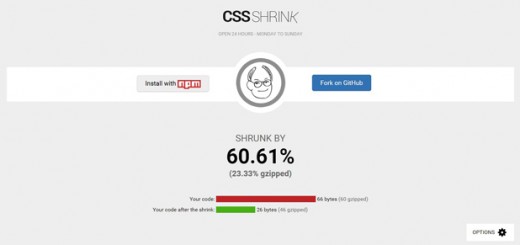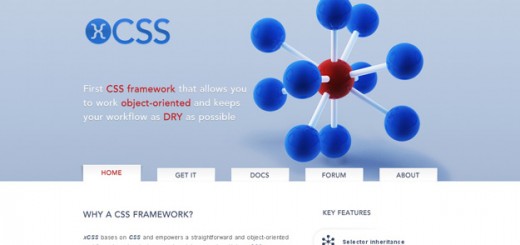Most of the developers generate CSS style sheets using a CSS preprocessor, such as Sass, Less, or Stylus. Because the CSS files are generated, editing the CSS files directly is not as helpful.
For preprocessors that support CSS source maps, DevTools lets you live-edit your preprocessor source files in the Sources panel, and view the results without having to leave DevTools or refresh the page. When you inspect an element whose styles are provided by a generated CSS file, the Elements panel displays a link to the original source file, not the generated .css file.
What is CSS Preprocessor
CSS preprocessors process text file, and output exact CSS what we need. Exactly what that text file contains depends on the individual preprocessor, but both SASS and LESS are a superset of CSS. They include everything already in the CSS specification plus additional features. A major benefit of which is that if you know CSS, you can already write valid LESS and SASS, and just need to learn a few extra tricks.
Variables Constants and Syntax
CSS doesn’t include few features which developers look for, such as it does not include variables, constants and general syntax. Coders understand the use of variables; variables allow web developers to assign a value to a name, which can then be used throughout the stylesheet. If you need to change the value, you only have to change it in one place, rather than hunting through all of the CSS files for every instance.
Save Time
Maintaining and developing a CSS takes lots of time, Use of a CSS preprocessor drastically simplifies the task of writing readable, maintainable CSS, that means developers will have more time to focus on the vital stuff, like making visually stunning ad eye catching designs for the site.
If you’ve not been using CSS preprocessors, probably this is the best time to use them, in this article we have gathered up a list of 15 Useful CSS Preprocessors for developers, which will save you time and they are very easy to learn for anyone already familiar with CSS. If we have missed any please shoot a comment below. Enjoy !!
1. Less CSS
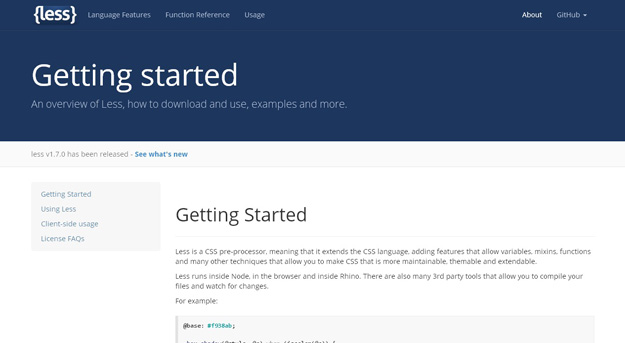
Less is a one of the most famous CSS pre-processor, it extends the CSS language, adding features that allow variables, mixins, functions and many other techniques that allow you to make CSS that is more maintainable, themable and extendable. Less runs inside Node, in the browser and inside Rhino. There are also many 3rd party tools that allow you to compile your files and watch for changes.
2. Sass
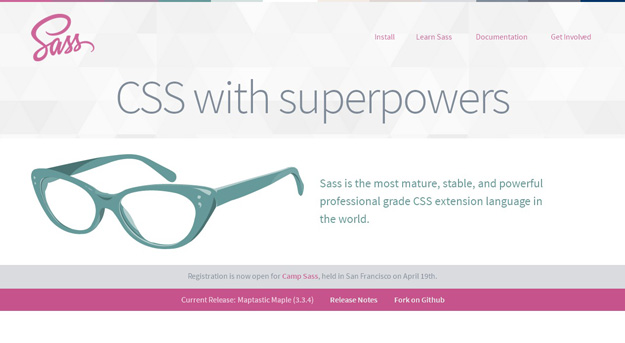
Sass is the most mature, stable, and powerful professional grade CSS extension language in the world. Sass is completely compatible with all versions of CSS. We take this compatibility seriously, so that you can seamlessly use any available CSS libraries.
3. Myth
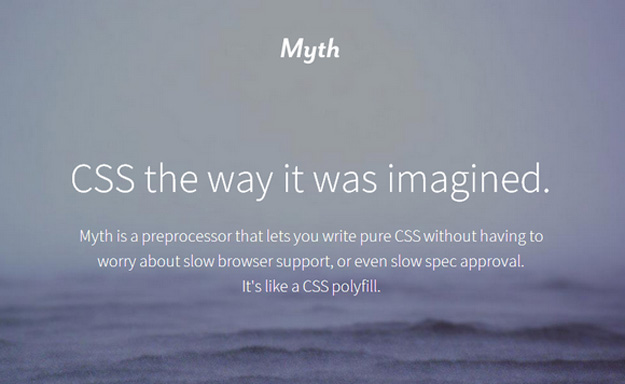
Myth is a preprocess that lets you write pure CSS without having to worry about slow browser support, or even slow spec approval. It’s a like CSS polyfill. Myth lets you write pure CSS while still giving you the benefits of tools like LESS and Sass. You can still use variables and math functions, just like you do in preprocessors.
4. AbsurdJS
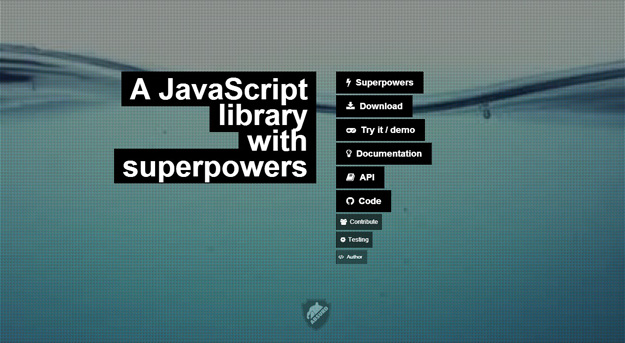
AbsurdJS is supports both HTML + CSS and written in JavaScript. It is available for Nodejs + the browser and has the advantage of providing an already-popular syntax: JavaScript. Just like other pre-processors, it can be only used to generate the CSS file or as JavaScript to make use of variables and any other dynamic features.
5. Roole
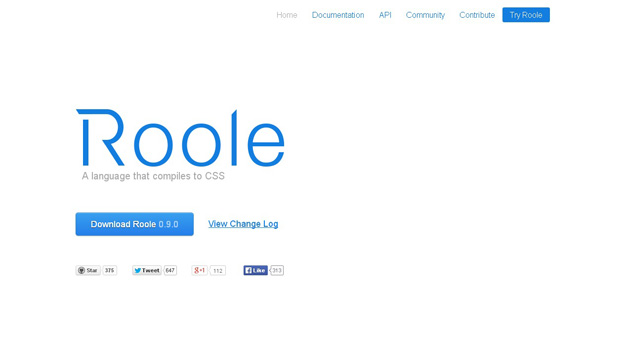
Roole is another alternative that is inspired from SASS, LESS + Stylus and only requires JavaScript to work. It has vendor-prefixing built-in so there is no need to use them, supports variables + conditional logic and allows us to define the format we want to code CSS. Roole can work both on the client or server-side (nodejs) and it is documented well.
6. PCSS
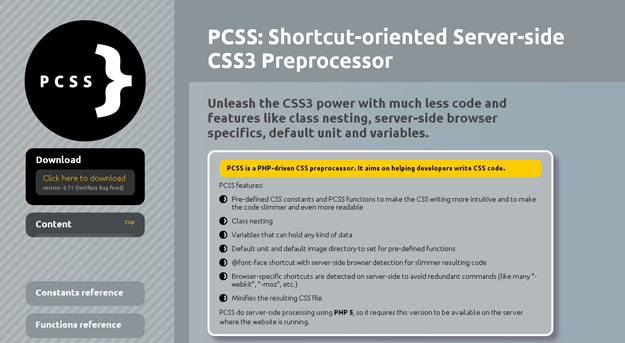
PCSS is a PHP(5) library that allows us to write CSS(3) code with a simpler + shorter syntax and brings awesome features like server-side browser specifics, class nesting, default unit and variables. As the CSS is preprocessed on the server-side, every designer’s dream: “dynamic CSS” comes true and variables can be used easily.
7. Stylus
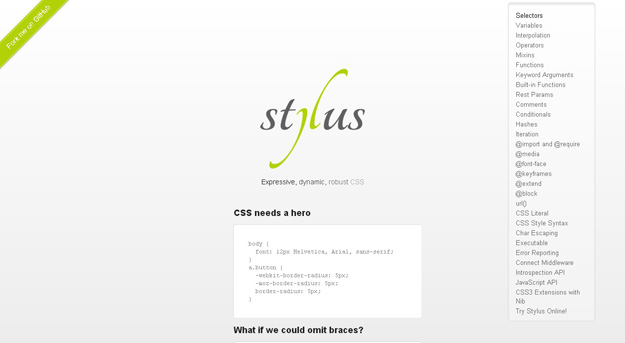
Stylus is a revolutionary new language, providing an efficient, dynamic, and expressive way to generate CSS. Supporting both an indented syntax and regular CSS style.
8. Turbine
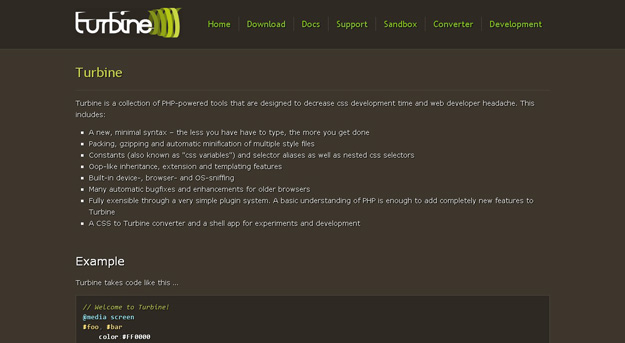
Turbine is a PHP-powered tool that introduces a new way for writing CSS. It’s syntax and features are designed to decrease css development time and web developer headache. It allows a minimal syntax, automatically gzip multiple css, fix cross-browser issues, and a lot more. A must check if you’re into PHP.
9. Prepros
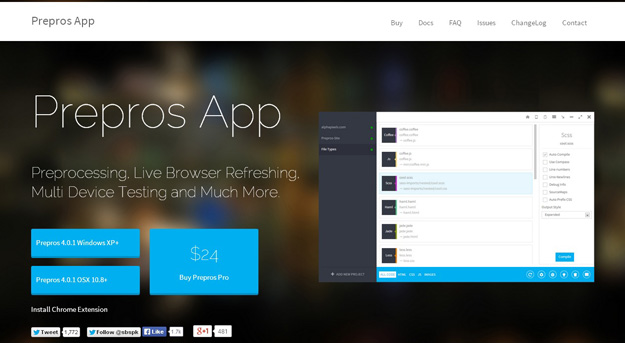
Prepros is an open source application for Windows OS that can do that automatically for Less, Sass, Scss, Stylus, Jade, Coffeescript, Haml and Markdown. It auto-compiles the source and injects the CSS (also HTML and JS) to the browser so that no refresh is needed. There are options for the compiling process like the output format or its style (compressed, nested..).
10. Clay
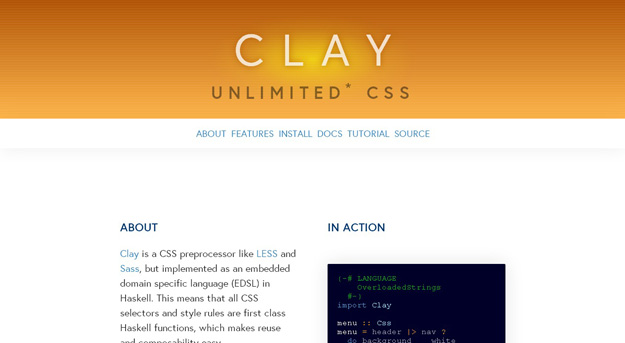
Clay is a CSS preprocessor like LESS andSass, but implemented as an embedded domain specific language (EDSL) in Haskell. This means that all CSS selectors and style rules are first class Haskell functions, which makes reuse and composability easy. Clay doesn’t really use any clever Haskell tricks which makes it easy to work with, even without a lot of Haskell experience.
11. CSScrush
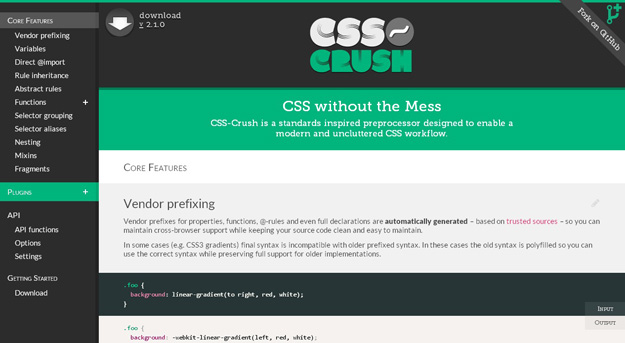
CSS-Crush is a standards inspired preprocessor written in PHP designed to enable a modern and uncluttered CSS workflow.
12. CSS Preprocessor
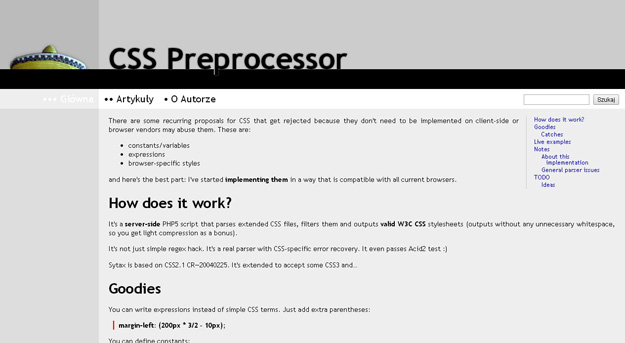
It’s another interesting preprocessor written in PHP 5. This tool allows you to use expressions such as margin-left: (200px * 3/2 – 10px); in your stylesheets.
13. SwitchCSS
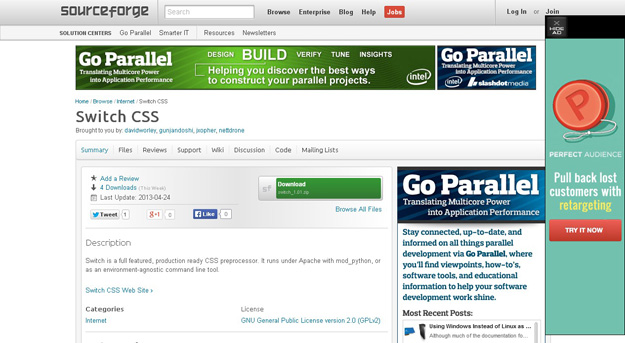
Switch is a full featured, production ready CSS preprocessor. It runs under Apache with mod_python, or as an environment-agnostic command line tool.
14. Dtcss
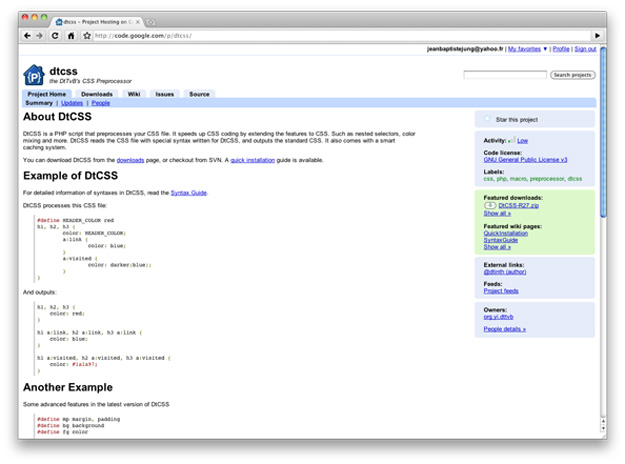
DtCSS is a PHP script that preprocesses your CSS file. It speeds up CSS coding by extending the features to CSS. Such as nested selectors, color mixing and more. DtCSS reads the CSS file with special syntax written for DtCSS, and outputs the standard CSS. It also comes with a smart caching system.
15. Hitch
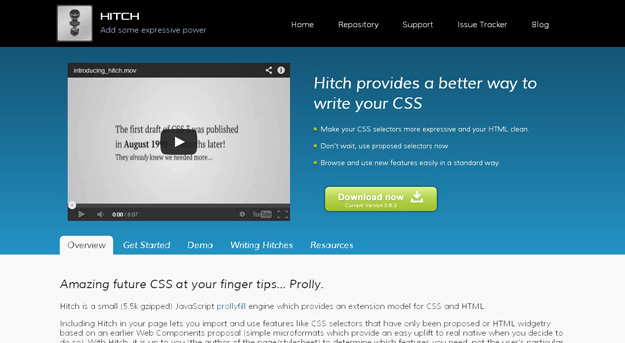
Hitch is a lightweight JavaScript library that adds expressive capabilities to CSS files. It has some of the powers of CSS preprocessors like prefixing or variables but also some other stuff. The library comes with multiple ready-to-use selectors like “anyof, allof, has..” and allows us to define any new ones (called hitches).



